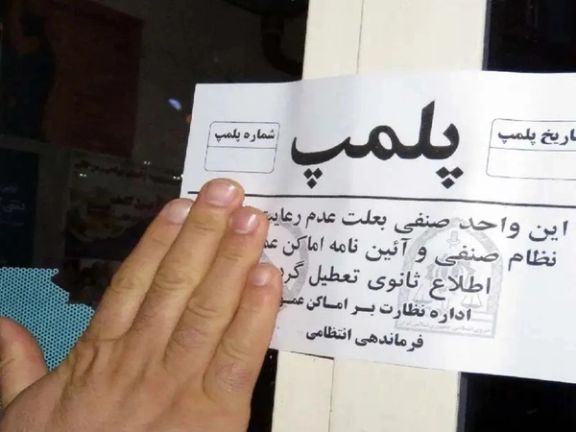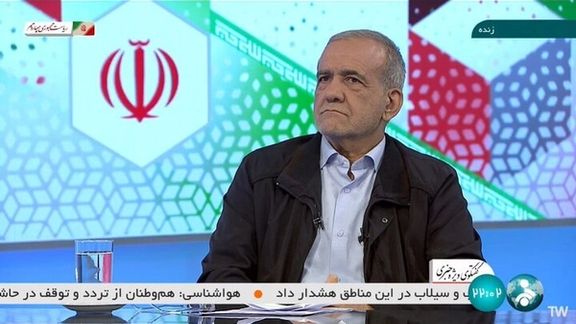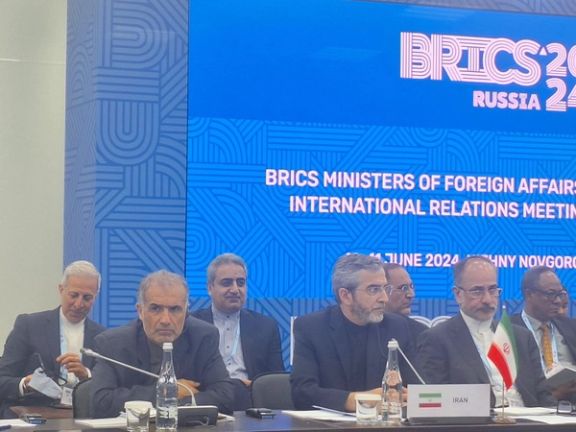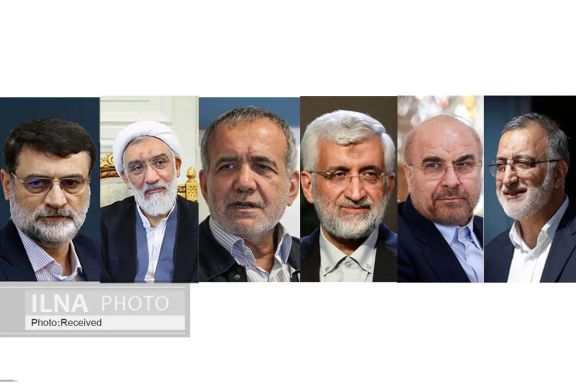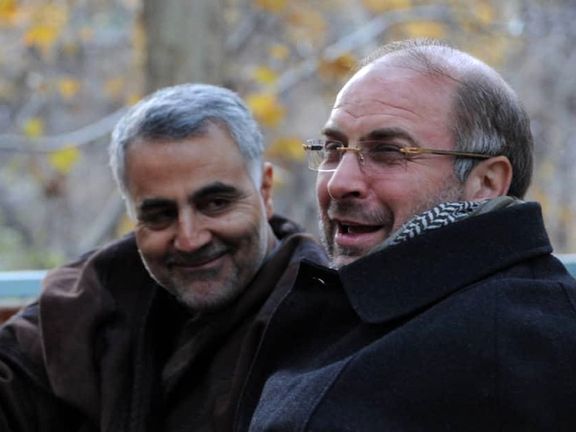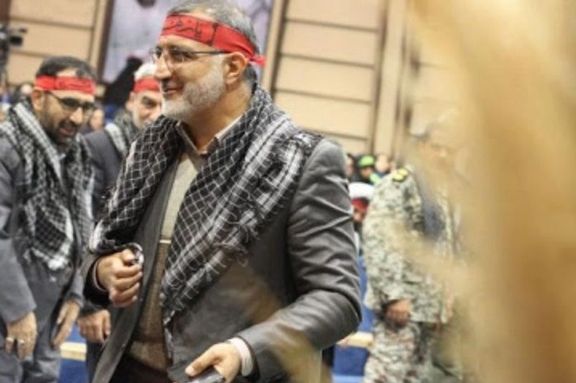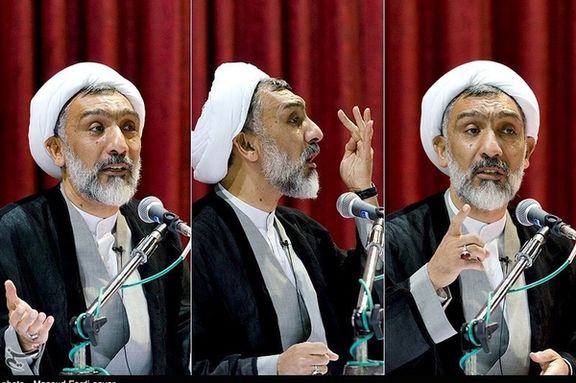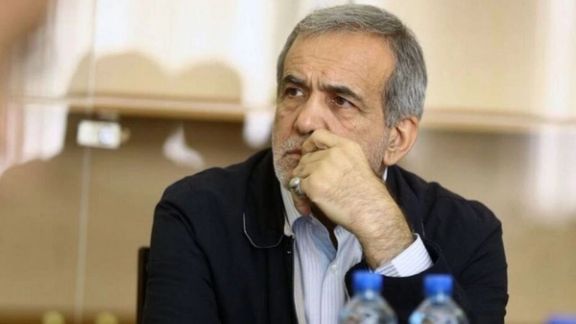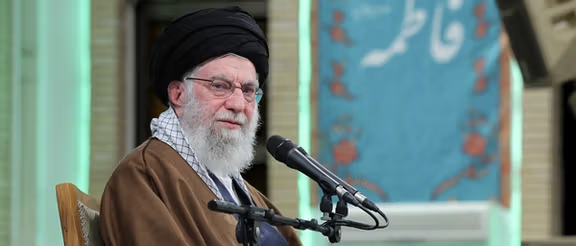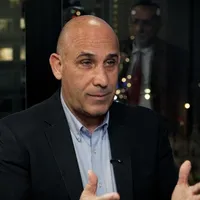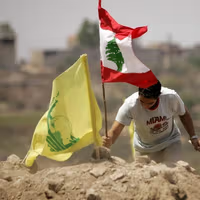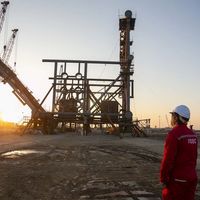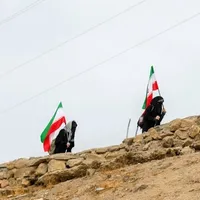Israel has intensified covert strikes in Syria against weapons sites, supply routes and Iranian-linked commanders, seven regional officials and diplomats said, ahead of a threatened full-scale assault on Tehran's key ally Hezbollah in Lebanon.
A June 2 air raid that killed 18 people, including an adviser with Iran's elite Revolutionary Guards, targeted a clandestine, fortified weapons site near Aleppo, three of the sources said. In May, an air strike hit a convoy of trucks headed to Lebanon carrying missile parts and another raid killed Hezbollah operatives, four said.
Israel has for years struck militant groups backed by arch-foe Iran in Syria and elsewhere, in a low-level campaign that burst into open confrontation after Israel and Palestinian group Hamas - another Iranian ally - went to war in Gaza on Oct. 7.
Israel has since killed dozens of Revolutionary Guards (IRGC) and Hezbollah officers in Syria, from just two last year before the Oct. 7 attack, according to a tally by the Washington Institute for Near East Policy, a think tank.
The battle hit fever pitch in April when Israel bombed the Iranian consulate in Damascus, killing the top IRGC commander for operations in the Levant. In retaliation, Iran fired some 300 missiles and drones at Israel, almost all of which were shot down. Israel then attacked Iranian territory with drones.
This direct confrontation, a first for the two countries, stopped there. Israel also briefly reduced the number of strikes it was carrying out against Iranian proxies, said Selin Uysal, a French diplomat seconded to the Washington Institute, citing the tally, which counted publicly-known attacks in the weeks immediately before and after.
"There was a slowdown" after the face-off in April, she said.
"But they are picking up again because of suspected Iranian weapons transfers to Lebanon. There is a kinetic effort in Syria and Lebanon to disrupt the supply chain between Iran and Hezbollah."
Reuters interviewed three Syrian officials, an Israeli government official and three Western diplomats about Israel's Syria campaign. The officials asked not to be named to talk freely about sensitive matters.
The Syrian officials gave previously unreported details of the targets of Israeli strikes around the cities of Aleppo and Homs in recent months, including the June 2 attack.
All those interviewed said Israel's moves suggested it was gearing up for a full-scale war against Hezbollah in Lebanon, which borders Syria, that could begin when Israel dials down its campaign in Gaza.
"The statements of our leaders have been clear that escalation could be imminent in Lebanon," the Israeli government official said.
Israeli Prime Minister Benjamin Netanyahu said last week that his country was prepared for "very strong action" at its frontier with Lebanon, where it has been fighting a so-far limited battle with Hezbollah since October 8.
War in Lebanon is not inevitable. Israel has also indicated openness to diplomatic efforts being brokered by Washington and France. The Israeli government official said the campaign in Syria was also aimed at weakening Hezbollah and thus discouraging it from a war with Israel.
The Israeli government and military did not respond to questions for this article. Israel rarely publicly acknowledges targeted killings overseas and has not commented on the recent strikes in Syria. A senior Israeli official said last year Israel was determined to prevent Syria becoming part of a new front.
The IRGC and a Syrian government spokesperson did not respond. Hezbollah declined to comment.
KILLING COMMANDERS, STRIKING SUPPLIES
Syria, a longtime Iranian ally, became the key conduit for Tehran's arms supplies to Hezbollah after Iran deployed military personnel and thousands of allied paramilitaries from around 2013 to help President Bashar al-Assad during his country's ongoing civil war.
Some weapons parts are smuggled into Syria while others are assembled there, the three Syrian officials said.
Israel's Syria campaign aims to make sure Hezbollah, Iran's most loyal ally and the linchpin of Tehran's projection of regional power through militant proxies, is as weak as possible before any kind of fight begins, the Syrian officials and Israeli official said.
The June 2 killing of Saeed Abyar, described by Iranian state media as an IRGC adviser, showed Israel's reach in taking out key personnel and targeting equipment even when Iran has tried new methods of protecting weapons and parts bound for Hezbollah, the Syrian officials said, including moving the manufacture of weapons to more hidden or fortified locations.
Abyar was visiting a manufacturing plant for missiles for Hezbollah that was hidden inside a stone quarry east of the city of Aleppo when he was hit, the Syrian officials said. "The facility was in an area designed to be hard to find and hard to hit," said one of the officials, an intelligence officer.
Iran blamed Sunday's strike on Israel and the head of the IRGC has vowed to retaliate.
The officials said the strike killed 17 other people, including Iran-aligned militiamen. It was the first targeting of an IRGC official since Israel bombed the Iranian consulate, they said.
But it is not the only attack it has carried out since then.
An air strike near the Syrian city of Homs on May 29 targeted a vehicle carrying parts for guided missiles from Syria to Lebanon, the Syrian intelligence officer said. Another strike on May 20 targeted members of Hezbollah, the officer said.
Before the Iran consulate attack, a series of air strikes in late March around Aleppo hit warehouses storing high explosives for missile warheads, the officer said.
Other attacks have targeted Syrian air defence systems that had in recent years given Hezbollah and Iranian military personnel some security to operate, including Russian-made Pantsir air defence systems, mobile missile launchers that the Syrian military uses, a Syrian military official said. Other strikes had targeted early-warning radar systems, the official said.
"In some cases Israel is hitting even before we install our equipment," the official said.
The Israeli government official said Israel's targets were advanced anti-aircraft weapons, heavy rockets and precision-guidance systems for missiles.
ISRAEL TIPPING THE BALANCE?
The number of Israeli attacks in Syria jumped dramatically after October 7, when Israel and Hamas went to war.
"The frequency has doubled," said the Washington Institute's Uysal.
Israel carried out 50 air strikes in Syria in the six months after the Gaza war began, she said. "These included attacks on Aleppo airport, the Nairab military airport, Damascus airport, and the Mezzeh military airport, which are key in weapon transfers. Weapons caches were also among the targets."
The strikes have included the killing of some 20 IRGC officials and more than 30 Hezbollah commanders, Uysal said. Between January and October of 2023, two IRGC officials and no Hezbollah commanders were killed by Israeli strikes in Syria, Uysal said.
"The attacks in Syria certainly stop arms and ammunition deliveries and damage the ability of Hezbollah or Iran to organise," said Lior Akerman of Reichman University, a former Brigadier-General in Israel's domestic security service.
Iran sends limited numbers of advisers to Syria, such as the senior IRGC officials killed in the consulate bombing. Hezbollah has deployed thousands of fighters there.
Hezbollah official Nawaf Musawi told the Iran-aligned Al Mayadeen TV channel in March that the group was opening new ammunition depots "and getting more precision missiles and better quality weapons by land, sea and air."
Farzan Sabet, a senior researcher at the Geneva Graduate Institute who specialises in Iranian foreign policy, said attacks on Israel by Hezbollah and Iran's allies in Iraq and Yemen during the Gaza war had taken a toll on Israel.
"But it has killed many more Hezbollah operatives and senior figures including IRGC personnel in Syria, so on balance it's a bigger loss" for Iran's allies, Sabet said.
(Report by Reuters)
